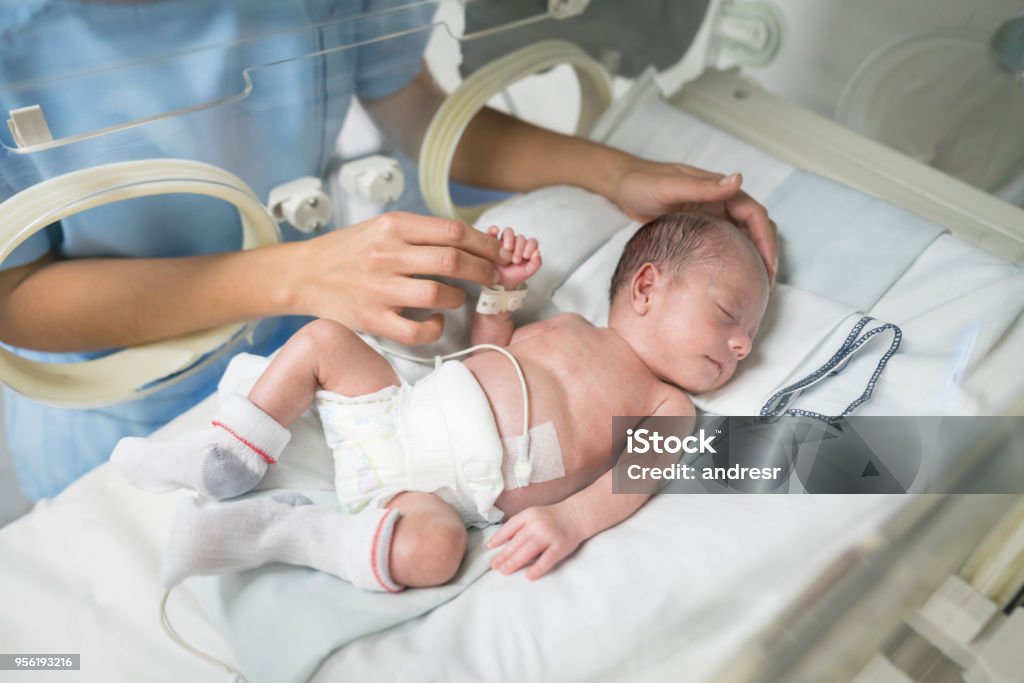Research Highlights Impact of Environmental Factors on Neonatal Microbiota
A recent study conducted at Hunan Children’s Hospital in China has shed light on a previously underexplored area: the relationship between early metal exposure and the gut microbiota of infants admitted to the neonatal intensive care unit (NICU). Led by a team of researchers, the study investigated how exposure to 12 different metals influences the composition and diversity of gut bacteria in vulnerable newborns.
The gut microbiota, crucial for infant health and development, is known to be particularly sensitive to environmental influences during early life. This sensitivity is amplified in NICU settings, where infants often face medical challenges that may disrupt their natural microbial colonization.
Published in the International Journal of Environmental Health, the study utilized advanced sequencing techniques to analyze stool samples from 107 NICU infants. Concurrently, metal concentrations were measured in serum samples to assess exposure levels. The findings revealed significant associations between several metals—particularly tin (Sn), cadmium (Cd), mercury (Hg), lead (Pb), and thallium (Tl)—and alterations in both microbial diversity and specific bacterial taxa.
Lead researcher Shi-ting Xiang emphasized that tin exposure, in particular, was strongly linked to decreased microbial diversity, as indicated by lower Shannon and Simpson indices. Moreover, Bayesian analyses highlighted tin’s predominant role in negatively affecting the presence of Clostridium_sensu_stricto, a genus crucial for gut health.
The study’s implications are profound, suggesting that metal exposure, ubiquitous in modern environments due to industrialization and pollution, may significantly impact the delicate balance of the neonatal gut microbiota. This imbalance, researchers noted, could potentially contribute to long-term health consequences, including immune deficiencies and metabolic disorders.
“While previous research has focused on factors like gestational age and feeding practices,” Xiang noted, “our study underscores the need to consider environmental exposures as critical determinants of early gut microbiota development.”
However, Xiang cautioned that the study’s cross-sectional design necessitates further longitudinal research to confirm these initial findings. Future investigations could elucidate the mechanisms through which metals influence microbial communities and explore potential interventions to mitigate adverse effects.
In conclusion, the study represents a crucial step toward understanding how environmental factors, specifically metal exposure, influence the health outcomes of vulnerable infants in NICU settings. By identifying these associations, researchers hope to inform policies and practices that support healthier microbiota development during this critical stage of early life.




